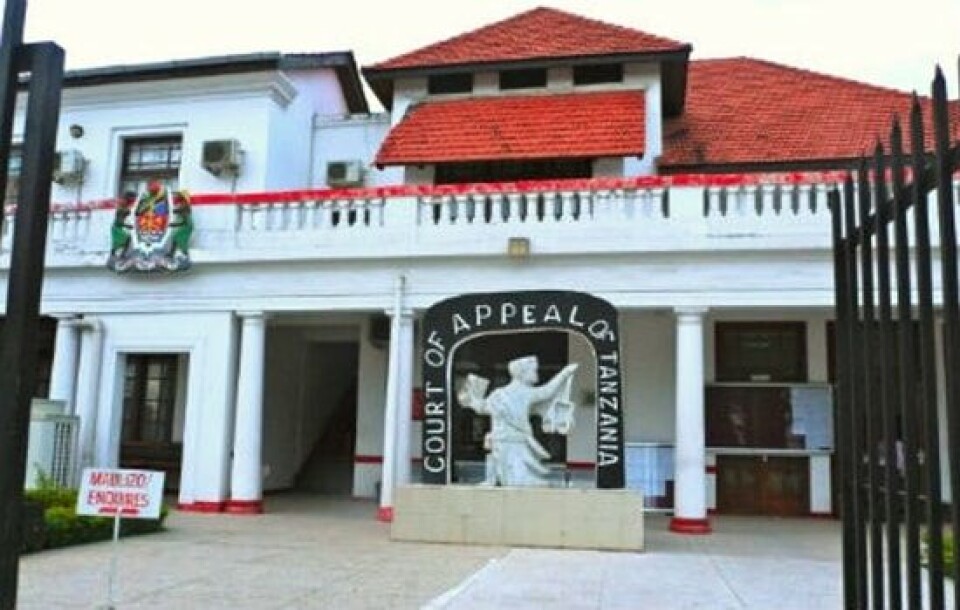Copyright : Re-publication of this article is authorised only in the following circumstances; the writer and Africa Legal are both recognised as the author and the website address www.africa-legal.com and original article link are back linked. Re-publication without both must be preauthorised by contacting editor@africa-legal.com
Non-Bailable: Violating Human Rights?

Tanzania’s highest court has ruled that laws which deem certain offences as being “non bailable” are constitutional, writes Tania Broughton.
The issue came before three judges of the Court of Appeal after the high court, sitting in Dar es Salaam, ruled that the section of the Criminal Procedure Act, which governs the grant of bail, violated the right to personal liberty, the presumption of innocence, and ousted the discretionary rights of courts.
By legislating that certain people accused of certain crimes are not entitled to bail, this also left the accused in the “hands of the State”, with the timeframes for investigation and prosecution unknown.
Apart from being contrary to Tanzania’s constitution, the provisions also contravened various international legal treaties.
The crimes deemed “unbailable” include murder, money laundering, defilement, terrorism, human trafficking and trafficking in drugs.
The application was launched by criminal law specialist advocate Dickson Paulo Sanga, who argued that by banning courts from dealing with bail, accused people were being treated as though they were guilty before trial.
It was opposed by the State Attorney but the court ruled that the law was too broad and could lead to abuses and arbitrary decisions.
The appeal court has now taken a different stance.
On the issue of “ousting the judicial process”, the appeal judges said the high court had ignored previous case law which lays down the principle that legislation which prohibits the granting of bail to persons charged with specific offences does not amount to a takeover of judicial functions by the legislature.
The high court ruling went against the “common law doctrine of precedent which is one of the strong pillars of the law of this land, that all courts and tribunals are bound by its decision”.
On the question of the deprivation or denial of a personal liberty through prohibition of bail, the appeal judges said the offences in question were serious therefore necessitating detention pending trial “crucial in ensuring the availability of the accused during trial and to ensure peace and order to the community whose rights are fundamental and must be protected”.
“Because of the coexistence between basic rights of individuals and collective rights of society, it is common to find limitations to individual liberties.”
The appeal judges said they were aware that prolonged investigation and prosecution could mean those accused of non bailable offences could stay in detention for long, and in some instances beyond the prescribed term of imprisonment for the offence, if found guilty.
“We consider these to be operational problems which can still be addressed by the executive arm of the state. And in the case of any abuse, the safeguard and remedy is to seek judicial review before the high court.”
Local attorneys say the issue could be taken further, to the African Court for Human Rights.
One pointed out that there had been a public outcry that accused persons are taken to court even before investigations are over, with investigations then never being completed and accused staying in remand prison for many years because their offences are non bailable.
“There are many accused persons in prison for over five years whose cases are still being investigated and their offences are unbailable so they cannot be released,” FB Attorneys said on its Facebook page.
To join Africa Legal's mailing list please click here
